Closing of ENABLE
Well-being among young people Working to tackle bullying and promote young people’s well-being, ENABLE has overall aimed to:
- Foster young people’s socio-emotional development
- Increase their awareness of their own behaviour in relation to others
- Offer youth better channels of support
CfDP’s role in ENABLE
With our online youth counselling, Cyberhus, which is Danish helpline and part of the Insafe network, CfDP has mainly acted as a rolemodel to other helplines across Europe, and facilitated teaching webinars on ENABLE’s opportunities as well as our own use of the ENABLE concept. As consortium partner, we have collaborated on implementing ENABLE and been responsible for the Danish communication of the project.Anti-bullying campaign
During the ENABLE project, Cyberhus dealt with the issue of bullying in a digital anti-bullying campaign. Cyberhus’ group chat operated as focal point in our dialogue with young people, and we based the topics of the group chat on ENABLE’s SEL modules. We had a good dialogue with our young people in which we especially focused on how bullying may be tackled by joint forces of both parents, youth, and professionals working with youth.Facts & results
As a starting point, the goal of ENABLE was to roll out the program in 35 schools and reach 5,000 young people. In total, ENABLE has reached 15,738 pupils and 541 teachers in 119 schools, and has trained 300 peer supporters in the United Kingdom, Greece, and Croatia. In Denmark (CfDP), we mainly focused on training other helplines across Europe and reaching the more vulnerable young people. In total, we reached an estimated 4,000 young people.Evaluation in partner countries
Comparing pre-assessment and post-assessment findings, United Kingdom, Greece, and Croatia found that the ENABLE approach and SEL modules used in schools are valuable in regards to promoting well-being in students, e.g.: pupils show better control of behaviour/ problem-solving with others, and are more likely to report bullying. The website of ENABLE contains a number of resources for both teachers, parents/caretakers, and peer supporters.
[caption id="attachment_16804" align="aligncenter" width="400"] ENABLE Consortium partners @ the ENABLE 2 ACT conference[/caption]
ENABLE Consortium partners @ the ENABLE 2 ACT conference[/caption]
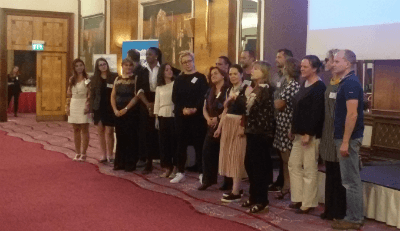 ENABLE Consortium partners @ the ENABLE 2 ACT conference[/caption]
ENABLE Consortium partners @ the ENABLE 2 ACT conference[/caption]
ENABLE 2 ACT conference
Recently, CfDP participated in ENABLE’s closing conference in Zagreb, 21-22 September, hosting 130 participants, both professionals, teachers, and young people from 19 different countries. In addition to speakings and panel discussions, the conference hosted an Exploratarium where participants would submit ideas and suggestions, through art and video, on how to tackle bullying. Also, the ENABLE challenge invited participants to submit their own anti-bullying ideas, and a World Café session gathered all participants in different teams, each having to present a roadmap on how to deal with certain themes, e.g., hate speech and development of empathy.
[caption id="attachment_16788" align="aligncenter" width="400"] World Café session, CfDP/Cyberhus team[/caption]
World Café session, CfDP/Cyberhus team[/caption]
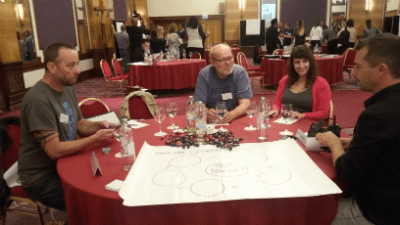 World Café session, CfDP/Cyberhus team[/caption]
World Café session, CfDP/Cyberhus team[/caption]
Closing of ENABLE, however…
The ENABLE project has officially come to a close, but as Janice Richardson (ENABLE project manager, European Schoolnet) and the ENABLE team appropriately state:“Although this update marks the end of the EC-co-funded ENABLE project, the consortium partners consider it just the start of an ongoing drive to promote the development of social and emotinoal skills of young people within a holistic approach […]”As mentioned, interplay between parents, youth, and their surrounding environment/professionals makes a solid foundation for dealing with bullying. At CfDP and Cyberhus, we will make a continued effort to focus on bullying and give young people the opportunity to enter into dialogue, reflect and adopt their own positions.
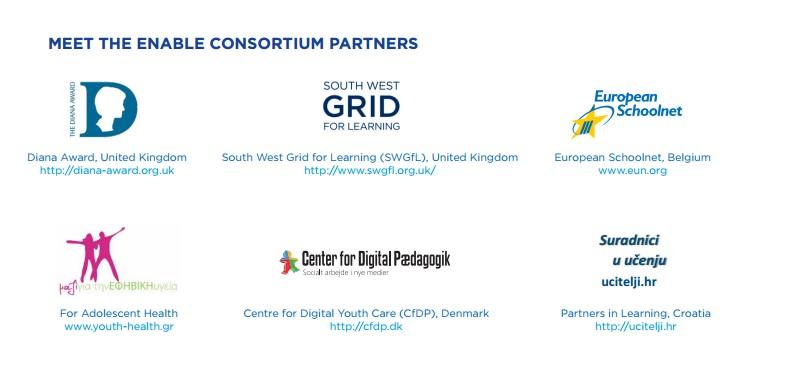
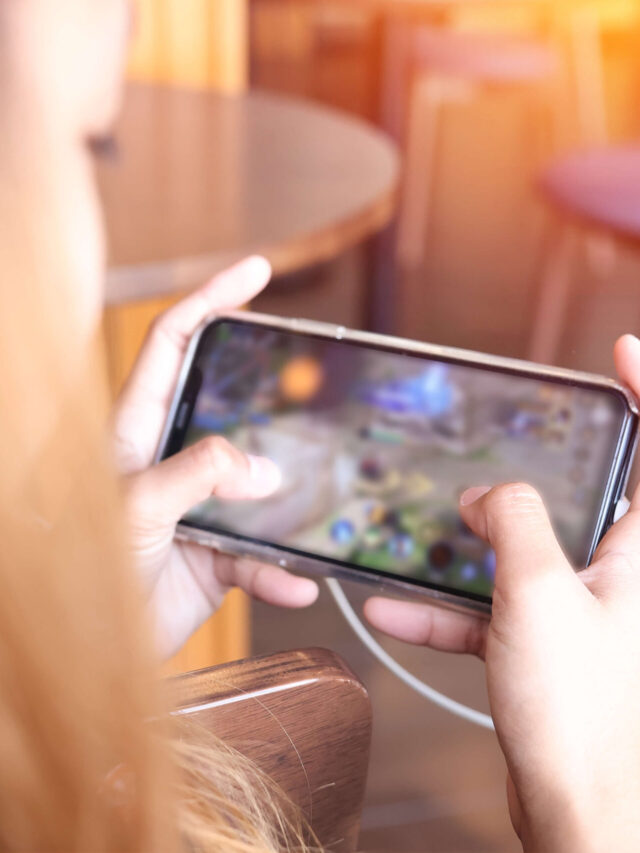
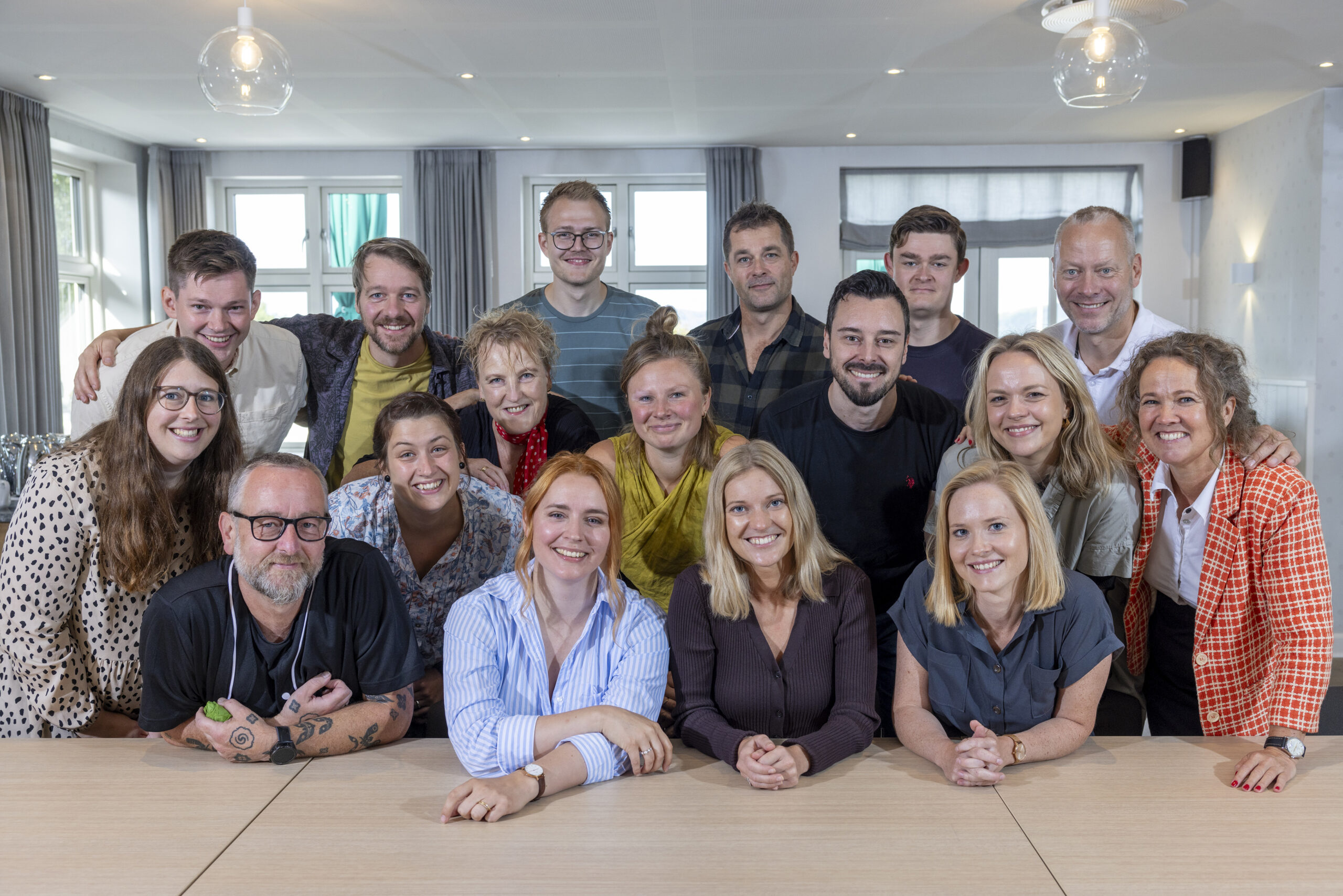
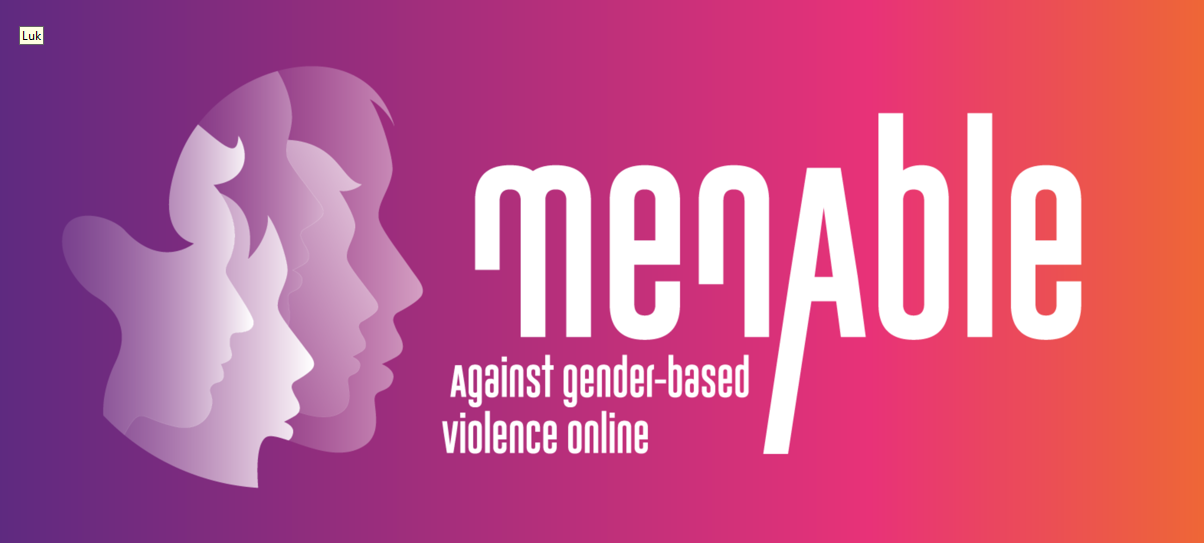
Hvis du vil sætte et par ord på din feedback, vil det hjælpe os rigtig meget til at forbedre vores indhold.